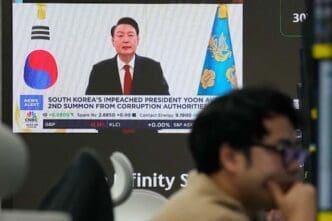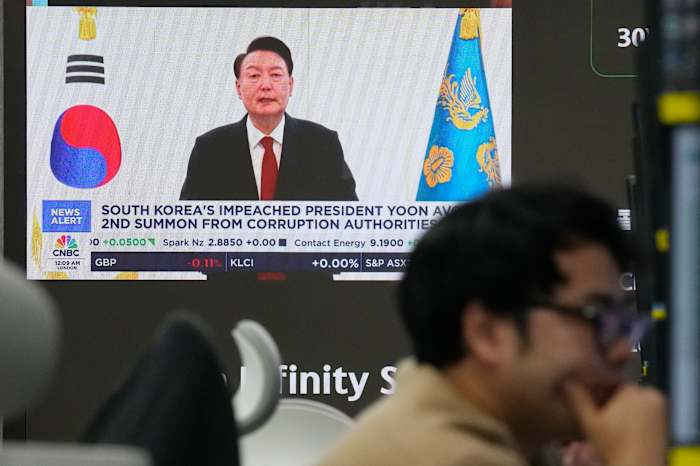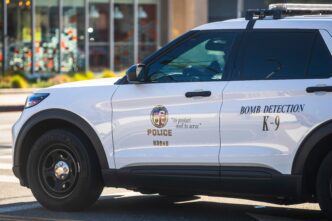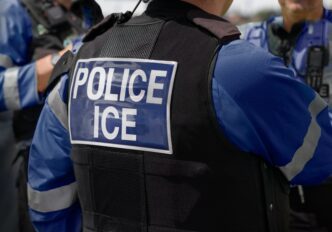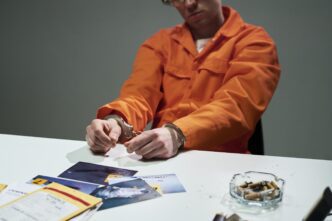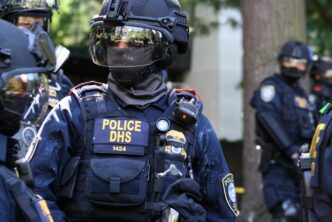In a swift move, South Korean authorities have sought a court warrant for the detention of President Yoon Suk Yeol, who was impeached earlier this month. This development stems from investigations into whether his military actions amounted to rebellion.
The request was made by the Corruption Investigation Office for High-Ranking Officials, which is conducting a joint investigation with police and military authorities. They are probing an incident where Yoon’s short-lived martial law decree on December 3 was seen as a potential power grab. This decree lasted only several hours but created significant political turbulence.
Yoon has been accused of dodging multiple requests for questioning from the investigative team and blocking searches of his offices. Despite having presidential immunity from criminal prosecution, such protection does not extend to accusations of rebellion or treason. It remains uncertain whether the court will approve the detention warrant or compel Yoon to appear for questioning.
The matter has intensified since Yoon’s presidential powers were suspended following a decisive impeachment vote by the National Assembly on December 14. This suspension was due to his imposition of martial law, which had severe implications, halting diplomatic efforts and unsettling financial markets in South Korea. His fate currently rests with the Constitutional Court. The court has begun deliberations on whether to uphold the impeachment and formally remove Yoon from office.
The interim government, led by Deputy Prime Minister Choi Sang-mok, is tasked with navigating through the ongoing political crisis. This follows the National Assembly’s decision to impeach Prime Minister Han Duck-soo for his failure to appoint Constitutional Court justices promptly. This was significant as a full bench is crucial for the forthcoming review of Yoon’s case.
A separate investigation has led to the arrest of Yoon’s defense minister and police chief, along with military commanders involved in enforcing the martial law decree. These arrests highlight the gravity of the accusations against Yoon, which suggest an attempt to prevent the National Assembly from ending the martial law by deploying troops to encircle the building.
Additionally, Yoon has been implicated in ordering the detention of key politicians and interfering with parliamentary processes, though he defends his decisions as necessary governance measures. However, the believability of his claims is questionable, as specific commanders have contradicted his statements. For instance, Kwak Jong-keun, previously in charge of the Army Special Warfare Command, testified about orders to use force against lawmakers, which he refused to execute.
These dramatic events are compounded by Yoon’s actions against the National Election Commission, citing unfounded claims of vulnerabilities in their systems. Such claims have only fueled conspiracy theories already prevalent on fringe online platforms, although the election commission has firmly rejected any fraud allegations.
The unfolding legal and political drama around President Yoon Suk Yeol underscores a pivotal moment in South Korea’s political landscape. As the Constitutional Court’s decision looms, the nation’s future governance structure remains uncertain, leaving many watching closely.
Source: News4jax

